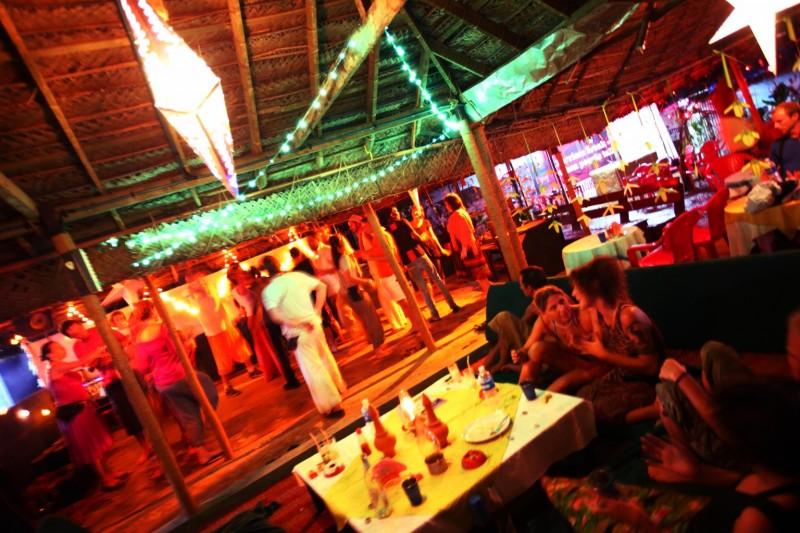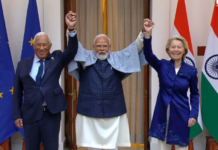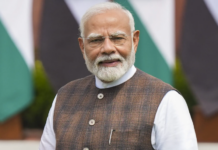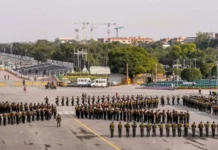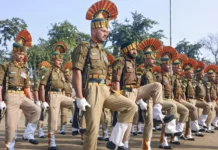MUMBAI: Social activists here Thursday welcomed the Supreme Court’s verdict which paves the way for reopening of dance bars in Maharashtra.
Stating that there can be “regulations” but not “total prohibition”, the Supreme Court has set aside some provisions of a 2016 law imposing restrictions on their licensing and functioning.
The Bharatiya Bar Girls’ union president Varsha Kale, who has been fighting for the cause of bar dancers, termed the apex court ruling as a great “victory”.
“We have won this case several times (in various courts), but this victory is bigger,” she said.
“I hope the state authorities will start issuing licences to dance bars so that thousands of bar dancers, who had to switch over to other professions and those working as waiters and singers in hotels, could come back and restart their life,” she said.
Kale said over 75,000 women were employed in dance bars when the state government decided to shut them down in 2005 for allegedly promoting obscenity.
While over 40,000 women left the profession and took up other jobs for livelihood, around 35,000 were still working as waiters and singers in various hotels, she claimed.
Bureaucrat-turned-activist Abha Singh hailed the apex court’s order as “progressive”, and said the state government can regulate dance bars but cannot prohibit them.
Singh said she is happy that the Supreme Court quashed the state government’s provision to install CCTV cameras in dance bars as it violated the right to privacy and discouraged people from coming to dance bars.
“The SC, from day one, treated dance as an occupation, So, the state government’s unilateral decision violated the fundamental right to life of these women,” she said.
Singh said the state government was responsible for some these women ‘facing penury’ without being provided an alternate means of employment.
“If the state is so concerned about the dignity of women, then why is prostitution going on openly in Mumbai? This (SC ruling) is a progressive order. The Maharashtra government should accept it gracefully,” she said.
Manjit Singh Sethi, who spearheaded the fight to reopen dance bars and had moved the Bombay High Court earlier, also welcomed the decision.
“This will help thousands of bar dancers to live with dignity,” he said.
Several bar dancers were forced to join flesh trade after the state government snatched their means of livelihood, said Sethi, former president of the Dance Bar Owners’ Association.
“Some bars on the outskirts of Mumbai were involved in flesh trade, but under pressure from a few people, the bars in Mumbai were also banned. Now, the court has validated our view point,” he said.
Local BJP leader Prem Shukla said the state government will consult legal experts on the SC’s order.
“The then (Congress-NCP) government took the decision to ban dance bars to safeguard the social fabric. Now that the SC has issued fresh guidelines, the state government will take an appropriate decision after consulting legal experts,” he said.
The SC has quashed some provisions of the Maharashtra Prohibition of Obscene Dance in Hotels, Restaurants and Bar Rooms and Protection of Dignity of Women (Working therein) Act, 2016, like the mandatory installations of CCTV cameras in the dance bars, saying they violated privacy.
It set aside some provisions of a 2016 law imposing restrictions on the licensing and functioning of dance bars.
The apex court permitted the dance bars to be located a kilometre away from religious places and educational institutions. It allowed tips to performers but disallowed showering of currency on them. PTI

